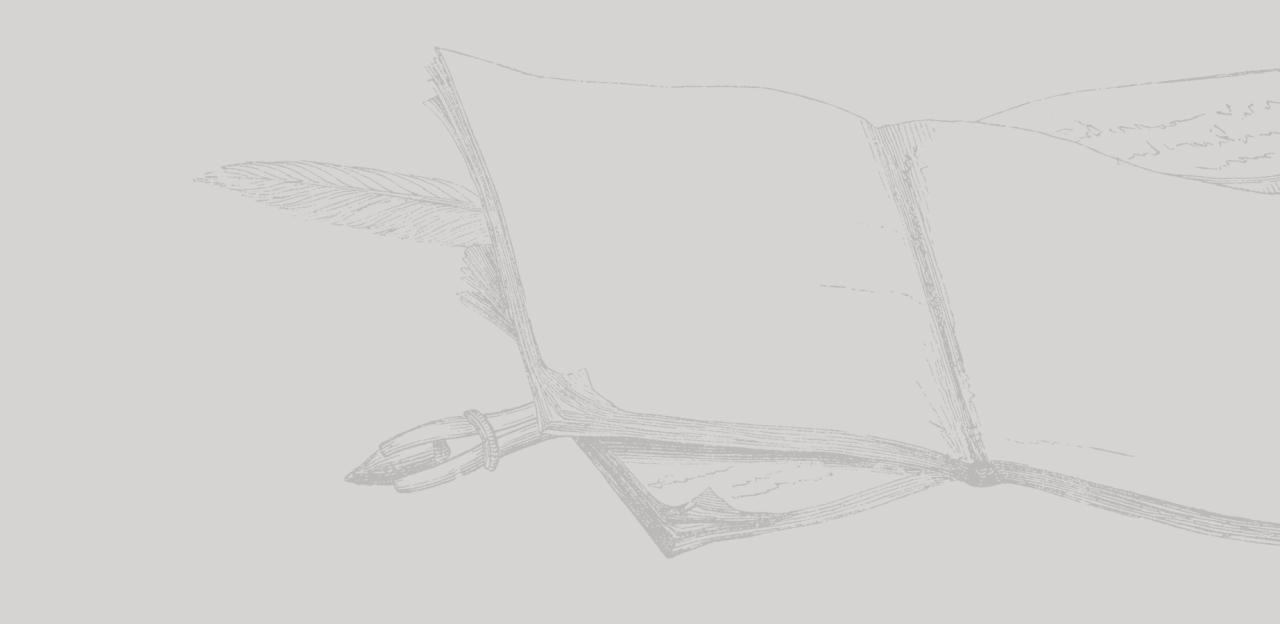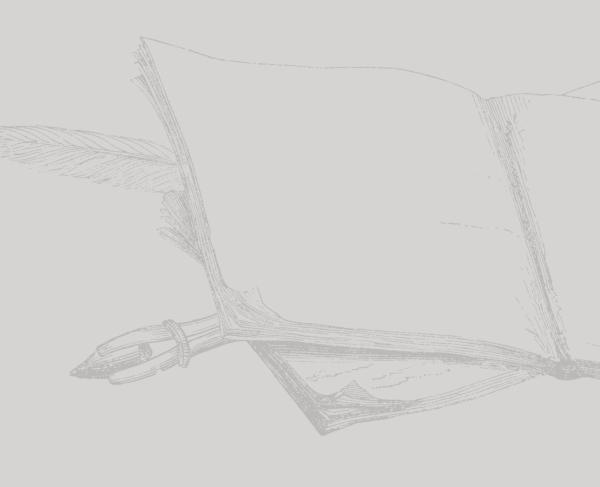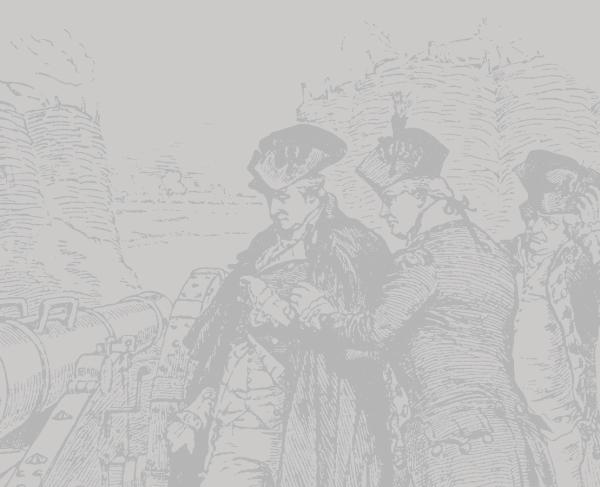Benjamin Franklin to Lord Kames, January 1760

In this letter, Benjamin Franklin corresponds with Lord Kames, a Scottish judge. He discusses a recent visit — which was part of his European travels — and books and publications. Of notable historical interest is paragraph three where Franklin writes about Canada and his feelings as a British colonist at that time.
London, January 3, 1760.
My dear Lord,
I ought long before this time to have acknowledg’d the Receipt of your Favour of Nov. 2. Your Lordship was pleas’d kindly to desire to have all my Publications. I had daily Expectations of procuring some of them from a Friend to whom I formerly sent them when I was in America, and postpon’d Writing till I should obtain them; but at length he tells me he cannot find them. Very mortifying, this, to an Author, that his Works should so soon be lost! So I can now only send you my Observations on the Peopling of Countries, which happens to have been reprinted here; The Description of the Pennsylvanian Fireplace, a Machine of my contriving; and some little Sketches that have been printed in the Grand Magazine; which I should hardly own, did not I flatter myself that your friendly Partiality would make them seem at least tolerable.
How unfortunate I was, that I did not press you and Lady Kames more strongly, to favour us with your Company farther! How much more agreable would our Journey have been, if we could have enjoy’d you as far as York! Mr. Blake, who we hop’d would have handed us along from Friend to Friend, was not at home, and so we knew nobody and convers’d with nobody on all that long Road, till we came thither. The being a Means of contributing in the least Degree to the restoring that good Lady’s Health, would have contributed greatly to our Pleasures, and we could have beguil’d the Way by Discoursing 1000 Things that now we may never have an Opportunity of considering together; for Conversation warms the Mind, enlivens the Imagination, and is continually starting fresh Game that is immediately pursu’d and taken and which would never have occur’d in the duller Intercourse of Epistolary Correspondence. So that whenever I reflect on the great Pleasure and Advantage I receiv’d from the free Communication of Sentiments in the Conversation your Lordship honour’d me with at Kaims, and in the little agreable Rides to the Tweedside, I shall forever regret that unlucky premature Parting.
No one can rejoice more sincerely than I do on the Reduction of Canada; and this, not merely as I am a Colonist, but as I am a Briton. I have long been of Opinion, that the Foundations of the future Grandeur and Stability of the British Empire, lie in America; and tho’, like other Foundations, they are low and little seen, they are nevertheless, broad and Strong enough to support the greatest Political Structure Human Wisdom ever yet erected. I am therefore by no means for restoring Canada. If we keep it, all the Country from St. Laurence to Missisipi, will in another Century be fill’d with British People; Britain itself will become vastly more populous by the immense Increase of its Commerce; the Atlantic Sea will be cover’d with your Trading Ships; and your naval Power thence continually increasing, will extend your Influence round the whole Globe, and awe the World! If the French remain in Canada, they will continually harass our Colonies by the Indians, impede if not prevent their Growth; your Progress to Greatness will at best be slow, and give room for many Accidents that may for ever prevent it. But I refrain, for I see you begin to think my Notions extravagant, and look upon them as the Ravings of a mad Prophet.
Your Lordship’s kind Offer of Penn’s Picture is extreamly obliging. But were it certainly his Picture, it would be too valuable a Curiosity for me to think of accepting it. I should only desire the Favour of Leave to take a Copy of it. I could wish to know the History of the Picture before it came into your Hands, and the Grounds for supposing it his. I have at present some Doubts about it; first, because the primitive Quakers us’d to declare against Pictures as a vain Expence; a Man’s suffering his Portrait to be taken was condemn’d as Pride; and I think to this day it is very little practis’d among them. Then it is on a Board, and I imagine the Practice of painting Portraits on Boards did not come down so low as Penn’s Time; but of this I am not certain. My other Reason is an Anecdote I have heard, viz. That when old Lord Cobham was adorning his Gardens at Stowe with the Busts of famous Men, he made Enquiry of the Family for a Picture of Wm. Penn, in order to get a Bust form’d from it, but could find none. That Sylvanus Bevan, an old Quaker Apothecary, remarkable for the Notice he takes of Countenances, and a Knack he has of cutting in Ivory strong Likenesses of Persons he has once seen, hearing of Lord Cobham’s Desire, set himself to recollect Penn’s Face, with which he had been well acquainted; and cut a little Bust of him in Ivory which he sent to Lord Cobham, without any Letter of Notice that it was Penn’s. But my Lord who had personally known Penn, on seeing it, immediately cry’d out, Whence came this? It is William Penn himself! And from this little Bust, they say, the large one in the Gardens was formed. I doubt, too, whether the Whisker was not quite out of Use at the time when Penn must have been of the Age appearing in the Face of that Picture. And yet notwithstanding these Reasons, I am not without some Hope that it may be his; because I know some eminent Quakers have had their Pictures privately drawn, and deposited with trusty Friends; and I know also that there is extant at Philadelphia a very good Picture of Mrs. Penn, his last Wife. After all, I own I have a strong Desire to be satisfy’d concerning this Picture; and as Bevan is yet living here, and some other old Quakers that remember William Penn, who died but in 1718, I could wish to have it sent me carefully pack’d in a Box by the Waggon (for I would not trust it by Sea) that I may obtain their Opinion, The Charges I shall very chearfully pay; and if it proves to be Penn’s Picture, I shall be greatly oblig’d to your Lordship for Leave to take a Copy of it, and will carefully return the Original.
My Son joins with me in the most respectful Compliments to you, to Lady Kaims, and your promising and amiable Son and Daughter. He had the Pleasure of conversing more particularly with the latter than I did, and told me, when we were by our selves, that he was greatly surprized to find so much sensible Observation and solid Understanding in so young a Person; and suppos’d you must have us’d with your Children some uncommonly good Method of Education, to produce such Fruits so early. Our Conversation till we came to York was chiefly a Recollection and Recapitulation of what we had seen and heard, the Pleasure we had enjoy’d and the Kindnesses we had receiv’d in Scotland, and how far that Country had exceeded our Expectations. On the whole, I must say, I think the Time we spent there, was Six Weeks of the densest Happiness I have met with in any Part of my Life. And the agreable and instructive Society we found there in such Plenty, has left so pleasing an Impression on my Memory, that did not strong Connections draw me elsewhere, I believe Scotland would be the Country I should chuse to spend the Remainder of my Days in.
I have the Honour to be, with the sincerest Esteem and Affection, My Lord, Your Lordship’s most obedient and most humble Servant
B Franklin
ps. My Son puts me in mind that a Book published here last Winter, contains a number of Pieces wrote by me as a Member of the Assembly, in our late Controversies with the Proprietary Governors; so I shall leave one of them at Millar’s to be sent to you, it being too bulky to be sent per Post.
Ld. Kaims.

